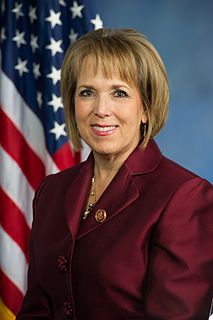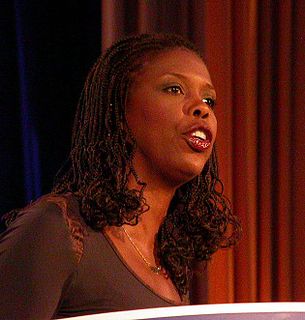A Quote by Daisaku Ikeda
The problems of aging present an opportunity to rethink our social and personal lives in order to ensure the dignity and welfare of each individual.
Related Quotes
I chose Congo in order to become close to a place that we had turned away from. It isn't present in our imaginations, in the stories we tell each other. Yet it's relevant to our lives and to our worlds, in a practical way. Congo supplies raw materials for the things that we use on a daily basis. We are intimately linked to Congo, economically. We're linked to it through human events that are occurring there, that affect all of us, and yet you don't find narratives of Congo present in our lives.
The social sciences offer equal promise for improving human welfare; our lives can be greatly improved through a deeper understanding of individual and collective behavior. But to realize this promise, the social sciences, like the natural sciences, need to match their institutional structures to today's intellectual challenges.
Great potential for personal empowerment can be found in attending to our awareness of global problems and to our understanding of how they connect with each other and with our personal lives. The process of naming the danger, saying aloud that the threats to life on earth are real, moves us from the numbness of denial to the aliveness that makes action possible.
I loved teaching social studies. And I loved starting each year by teaching about John Locke and the social contract. That lesson helped me teach not just about our rules for the classroom, but how, in our democracy, we give up some individual rights to ensure we collectively have the right to live and prosper in a society.
The State, of course, is absolutely indispensable to the preservation of law and order, and the promotion of peace and social cooperation. What is unnecessary and evil, what abridges the liberty and threatens the true welfare of the individual, is the State that has usurped excessive powers and grown beyond its legitimate function - the super-State, the socialist State, the redistributive State, in brief, the ironically misnamed 'Welfare State.'
The majority of people are not awake; it is only here and there that we find one even partially awake. Practically all of us, as a result, are living lives that are unworthy almost the name of lives, compared to those we might be living, and that lie within our easy grasp. While it is true that each life is in and of Divine Being, hence always one with it, in order that this great fact bear fruit in individual lives, each one must be conscious of it; he or she must know it in thought, and then live continually in this consciousness.





































